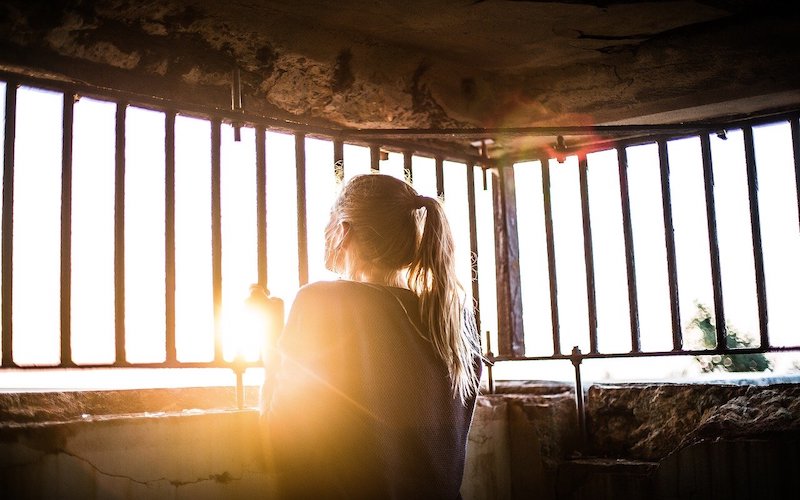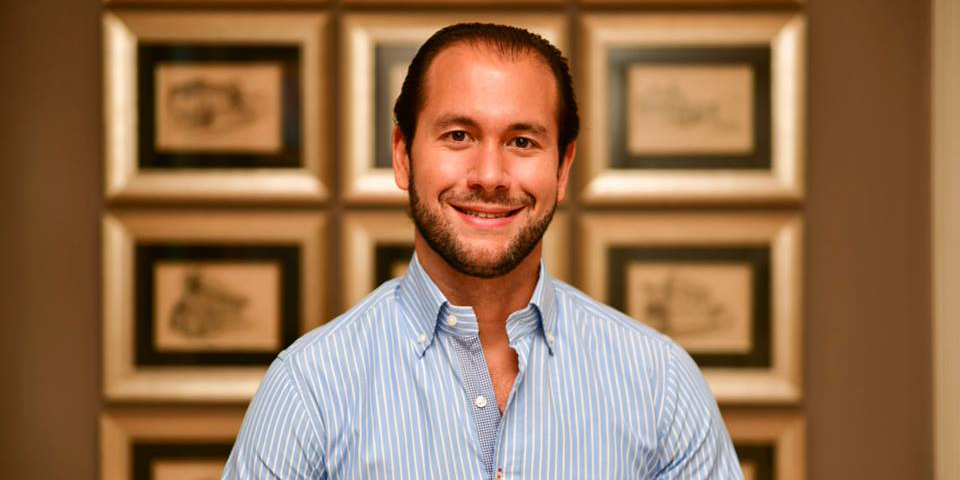
Cabin syndrome: Many will not want to leave their homes after confinement 19-05-2020
Starting tomorrow, in DR, we gradually started to get out of quarantine, but there are those who won't want to.
Perhaps you, who from the first day of quarantine were counting the days to return to your previous routine, this statement seems far-fetched. But a good segment of the population will find it very difficult to resume their rhythm of life.
These people may experience the so-called “cabin syndrome.” What is this? Imagine the following scenario: you are in the middle of a forest and suddenly you are chased by a bear and you take refuge in a wooden hut (and for the purposes of this Hollywood tale let's say that the hut has enough canned food for two years). The bear decides to live around the hut for a while. After three months it seems that the bear has finally moved away. You can go out now. But the problem is that now you don't want to!
Strange as it may seem, you've gotten used to being in there. Life outside the cabin is full of threats, inclement weather, a bear that seems to be gone, but you don't know when it can come back. In short, the walls of your wooden hut make you feel safe and secure; while the outside world feels dangerous and uncertain.
This is the cabin syndrome! A set of emotional and mental symptoms that can be observed in individuals who have had to spend time prolonging forced isolation, and who then have difficulty returning to their previous rhythm of life.
What can we expect to see in this group of people?
Those who are most anxious may be afraid to return to public spaces or to have any type of human interaction (even with due caution and distancing).
The most introverted, with symptoms of social phobia and avoidant personality will adapt to the "benefits" that the pandemic may have brought them; such as having freed themselves from the social commitments that are uncomfortable for them to have or be a refuge from the stress that life's challenges cause them.
Do you identify with any of these scenarios? If so, the ideal would be to start a therapeutic process to prepare you for the gradual return to your rhythm of life. CLICK HERE
It is important to clarify that “Cabin Syndrome” is not a formal diagnosis of the science of psychology. It is the name that has been popularly given to cases such as the one described in the article, but it may be that, the people who identify, present symptoms of other psychological conditions such as anxiety, agoraphobia, hypochondria, avoidant personality disorder, social phobia, among others.

